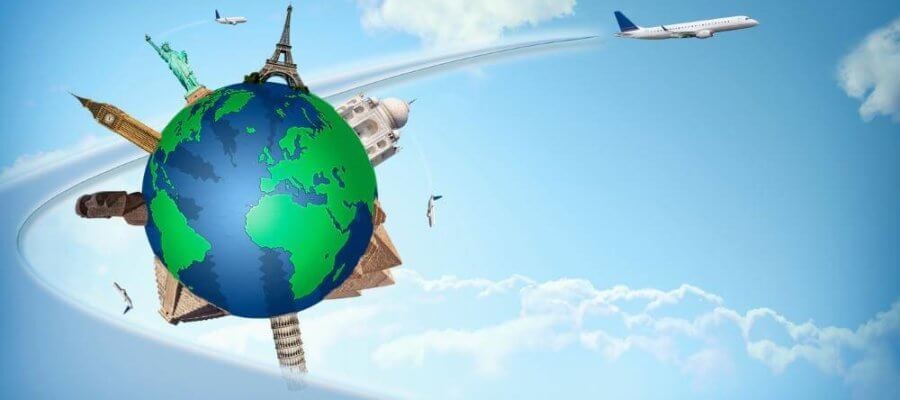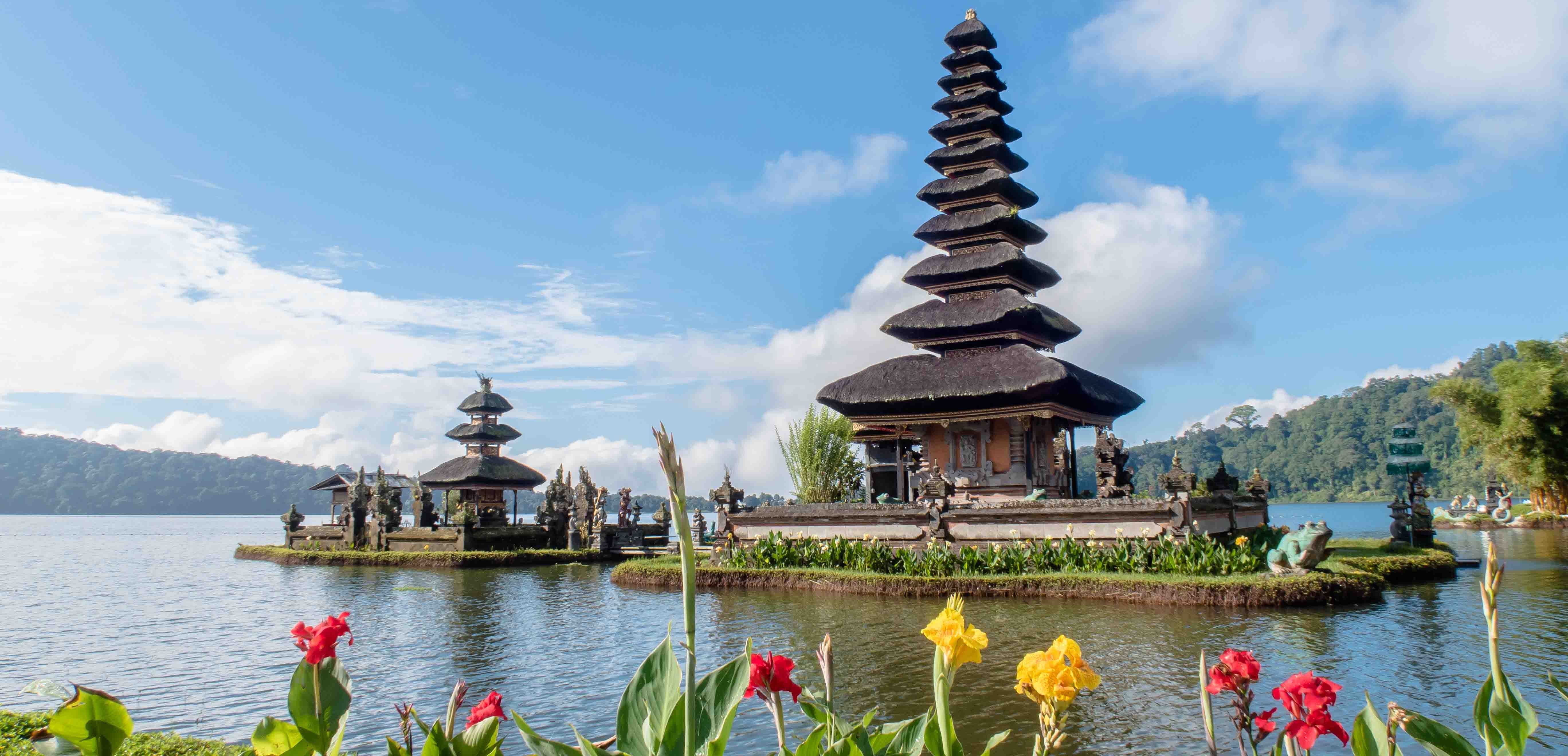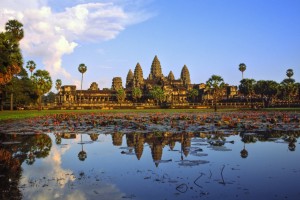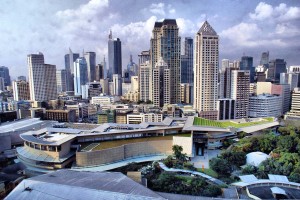The First Travel Agency – THOMAS COOK

A travel agency is a private retailer or
public service that provides travel and tourism services to the general public
on behalf of the accommodation or travel suppliers to offer a different kind of
travelling packages for each destination.
It is a travel agency which packages and processes all the attractions,
amenities and ancillary services of a country and presents them to tourists.
That’s why travel agency is known as image builder of a country. A prospective
travel agency is one which make arrangements of travel tickets (air, rail, road
and sea): travel documents (passports, visa and other documents required to
travel): accommodation, entertainment and other travel-related services from
principle suppliers.
6 Areas of service in travel management
agencies:
·
Travel Management
This would be the core function and the
one which agencies engaged in organizing business travel which have always
performed. This area of services would include the management and reservation
of transport tickets search of accommodation, car rentals, etc.
·
Passenger assistance
On a trip there may be many unforeseen
problems and issues which need to be resolved: repatriation due to illness,
accident a emergency, lost luggage or documents, etc.
·
Consulting
Consulting services include a large
number of aspects which are related, more or less directly, with travel:
information of interest for the traveller, cost optimization, advice on travel
policies, etc.
·
Marketing and internal
communication
Due to its experience, a travel
management agency can be very helpful in preparing travel policies for
companies as well as its proper and effective communication to employees.
·
Technology
The proper and constantly updated use
of technology is vital, not only for requesting and comparison of travel
services (tickets, accommodation) etc but also for such diverse aspects as
billing management.
·
Leisure services
In some cases, some travel management
companies offer direct discounts or improved conditions on travel and leisure
activities for the employees and their relatives at the companies for which
they work.
The introduction and
development of railways had a profound effect on transport. It helped cheap,
swift, and easy travel possible for the new middle and working class, which
resulted in growth of travel. The railway in the beginning was responsible for
carrying goods. The rail link between the Liverpool and Manchester was started
in 1830. The railway network, which at first was to carry goods has now been
the single means of mass movement.
The birth of organized rail travel and
the concept of tourism appeared in the year 1841. The man behind this idea was
Thomas Cook, known as a pioneer and the greatest travel organizer of the time.
Once he booked railway seats, he prepared a program and travel sold the tour
program at the specially reduced fares. He collected as many as 570 passengers.
By the process of booking and selling of the tour programs he learned that
service is a product, it can be sold as products. People are ready to buy
travel service. People do not mind paying money for relaxation and leisure. He
realized that selling of service to the travelers can be a business.
He registered the first travel agency
ever. Travel agency is a business organization to provide services to the
travelers. Encouraged by the success of his first venture Thomas Cook arranged
similar tour programs by chartering trains .He arranged many more excursion
trips on a fully commercial basis.
As traveling requires support and
service from different agencies, services provided by different organization,
Thomas Cook combined the travel related activities and offered to the travelers
as a single package. Now travelers can buy tour as single package. His idea was
continuously supported by the other agencies such as transport and hotels.
By 1855, Thomas Cook had extended his
field of operation to the other countries. Now he was organizing relatively
complex tours and excursions comprising small travel lines. For this purpose he
established guidebooks, periodical and Cook’s Excursionist and Tourist Adviser.
These publications motivated people to travel. People came to know new
destinations and facilities available at different places.
Thomas Cook opened a bank in 1879.
After that, banking and foreign currency exchange was added to his business. It
helped to transfer the traveler’s money. Later, financial institutions were
also accommodated within the umbrella of tourism.
In 1887, Cook developed a system of
hotel coupon (voucher/service order), which helped to gain trust in travelers
and guaranteed quality of service from the hotels. The voucher system solved
the problem of “Here and there” that is time and space gap. The travelers do
not need to carry big amount of money anymore. Service agencies were also
guaranteed of business. Hotels developed the Point of sale and travelers fell
secure.
Another important development, which can
be associated with Thomas Cook, is the support in pleasure travel. The
large-scale movement of people to various places like sea beach, resorts, and
spa was the result of organized conducted excursion trips by Thomas Cook.



.jpg)




Leave a Comment